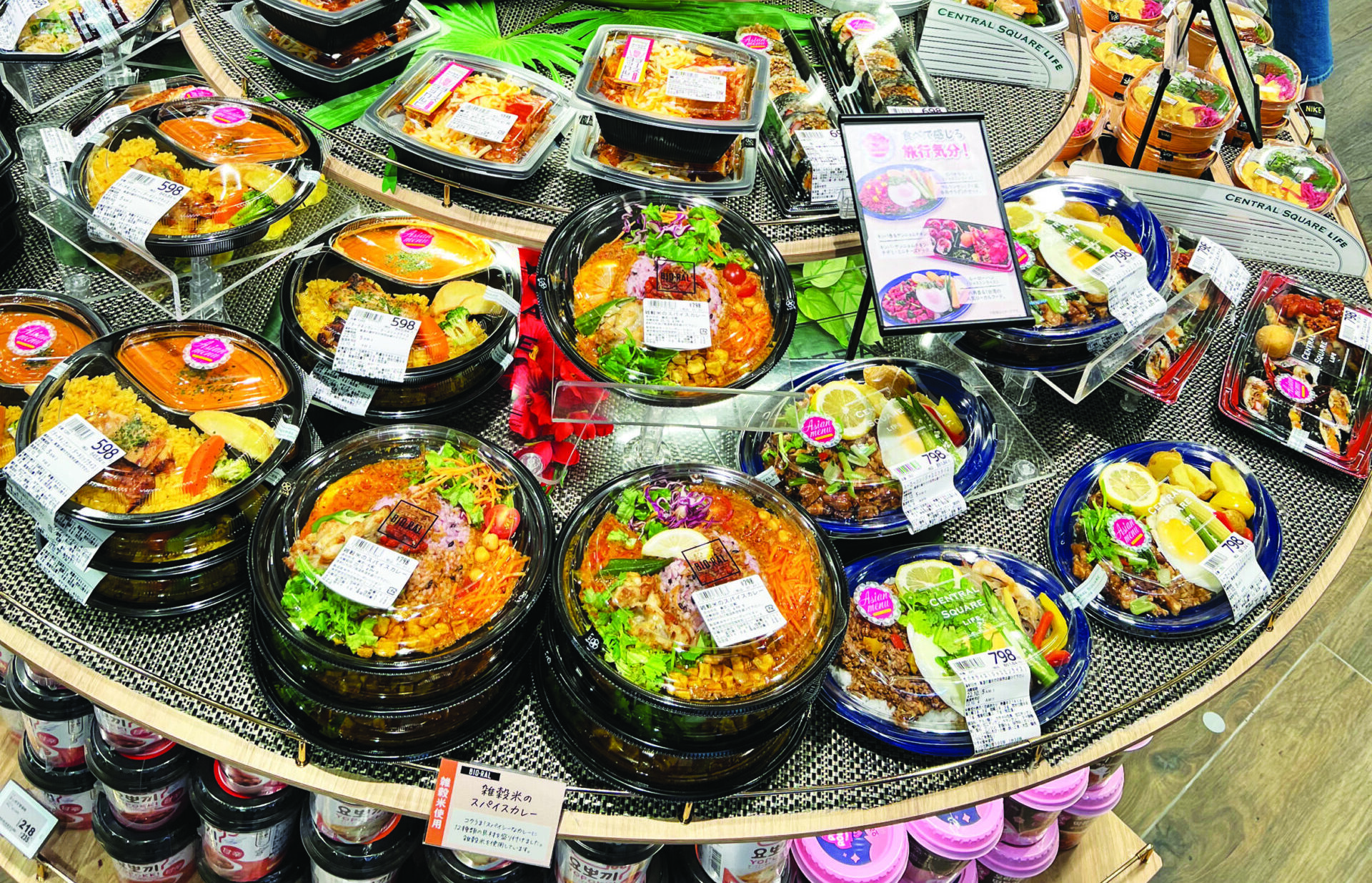
This October, I was privileged to visit Seoul and Tokyo in preparation for the Joint Independent Retailer Owners Forum (IROF) and Retail Leaders Forum visit in March 2023. My last visits were in 2018 and 2020, respectively, and I was pleasantly surprised to see wide-ranging investments in packaged meal solutions and foodservice across all food retail.
In my view, there is a lifetime of retail learning available in these cities: I’d love to whisk all UK and Ireland independent retailers there for the IROF March visit!
Both cities sit in my top locations for the world’s best convenient retailing: Ireland, London, New York City, Germany, Seoul and Tokyo. Four of the world’s top five convenience retailers are from South Korea (BGF Retail) and Japan (7-Eleven, Family Mart and Lawson). The fifth, Alimentation Couche-Tard (Circle K), is Canadian.
South Korean and Japanese food retailing have evolved very differently from the UK and Ireland. Packaged ‘ready to eat or heat’ foods and fresh foodservice are the big and often dominant categories in convenience, grocery and department stores. Lunchtime eating out is huge in department stores and shopping mall food courts. They were busy every day during my visits.
OPINION: Frontline workers understand communities best – Pete Cheema, chief executive, SGF
The product densities in convenience and grocery stores are two, and often three, times those found in our stores. The convenience retailers have central distribution with no wholesale, so the speed of new product innovation and the delisting of slow products is measured in weeks. Family Mart Japan stores see some 200 new products or product updates weekly, which keeps the assortment fresh and holds customer interest.
The convenience retail business model in both countries is franchise, with over 95% of stores operated by independent retailers.
Three unique practices in Japanese food retailing
1 ‘The waterfall of innovation’ where new beverages and snacks are first launched in convenience stores
2The speed of delisting underperforming lines is measured in weeks: data is the king here
3Suppliers cannot visit stores to merchandise or promote products. The retailer controls all store activities



Comments
This article doesn't have any comments yet, be the first!